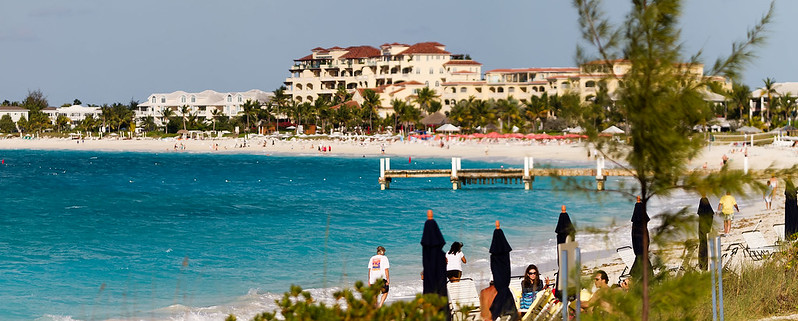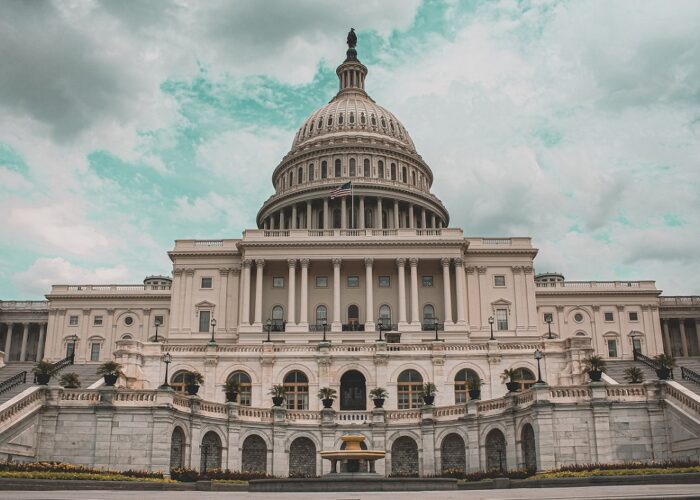
The government of the Turks and Caicos Islands, utility FortisTCI and the non-profit Clinton Foundation inked a memorandum of understanding (MoU) on Wednesday to kick off the initiatives in the country’s new energy transition strategy.
The Resilient National Energy Transition Strategy covers the period between 2019 and 2040 and was authored by the Ministry of Infrastructure, Housing, and Planning, the islands' monopoly utility FortisTCI, and US non-profit the Rocky Mountain Institute. It was published in 2018, one year after Hurricanes Harvey, Irma, and Maria wreaked havoc on electricity systems across the Caribbean.
Unlock unlimited access for 12 whole months of distinctive global analysis
Photovoltaics International is now included.
- Regular insight and analysis of the industry’s biggest developments
- In-depth interviews with the industry’s leading figures
- Unlimited digital access to the PV Tech Power journal catalogue
- Unlimited digital access to the Photovoltaics International journal catalogue
- Access to more than 1,000 technical papers
- Discounts on Solar Media’s portfolio of events, in-person and virtual
The MoU signatories committed to accelerate the construction and integration of clean energy on the tropical British Overseas Territory. This includes working together to build a regulatory framework; to support a permitting and planning for renewables; to assess land and utility-scale energy resources using GIS tools; to implement renewable energy technical skills analysis; to integrate EVs and promote energy efficiency to islanders.
A draft version of the Resilient National Energy Transition Strategy published by the Rocky Mountain Institute in March 2019 outlines aims to pilot energy storage projects and install up to 7MW total of distributed PV across the TCI’s three main electricity systems in the next four years.
Clinton Climate Initiative senior project manager Alexis Tubb said in a release that “the global community is looking to the greater Caribbean region to be first responders and champions for the fight against climate change. Replicable, scalable projects have the potential to show the world that renewable energy is affordable, economically sound, and environmentally sustainable. To make those projects possible, everyone needs to come to the table – the public, private, and non-profit sector.”
“This MOU symbolizes that in Turks and Caicos all parties have come to that proverbial table and shown their commitment to accelerate clean energy.”
Both The Clinton Foundation and the Rocky Mountain Institute work with governments and utilities to help foster the development and integration of renewable energy by securing financing opportunities and providing project support. Their work in Turks and Caicos made possible by funding from Nationale Postcode Loterij in the Netherlands and the People’s Postcode Lottery in the United Kingdom







